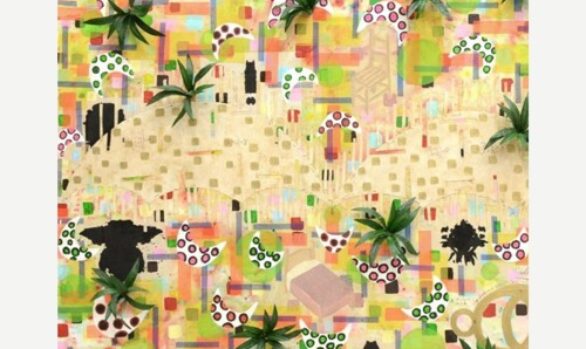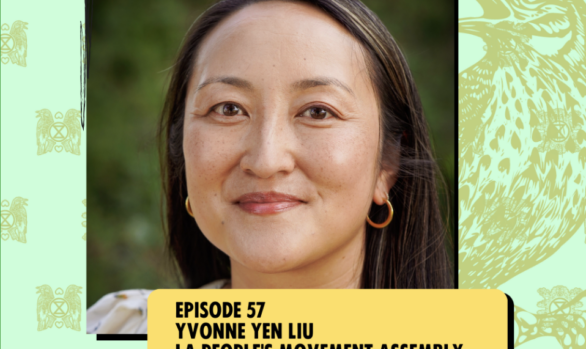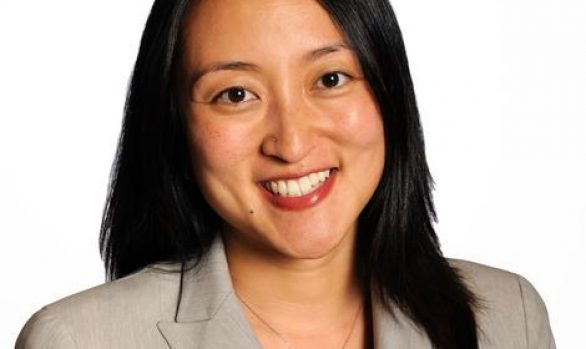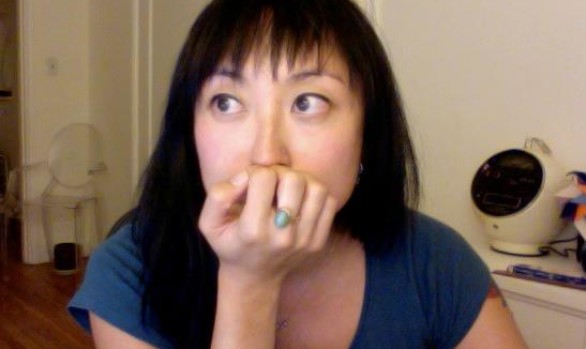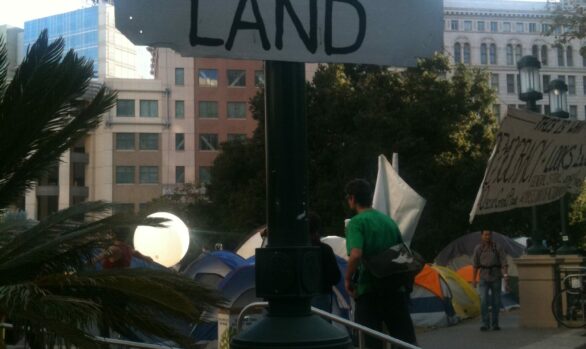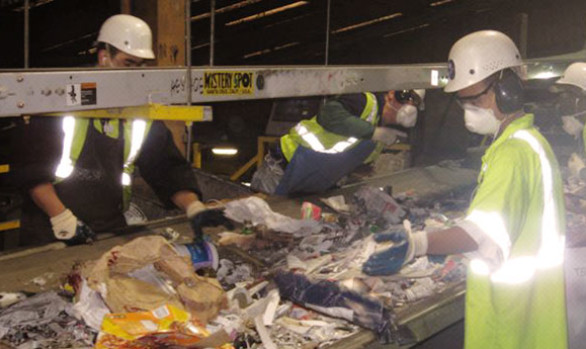Protecting Solidarity Economies
Interviewsvia UCLA Magazine
As a child of immigrants, Yvonne Yen Liu has long been fascinated by the social and economic dynamics of the Asian American communities around her.
A co-founder of the L.A.–based Solidarity Research Center, Liu has spent years documenting and assisting what she calls “solidarity economies” — informal collectives that pool resources and develop mechanisms like cooperative lending, barter exchanges or collective kitchens.
Liu says that these informal economic collectives, which are most common in immigrant communities and marginalized minority groups, generally form among “folks who are on the periphery of society.”
And while the collective behaviors of these economies often overlap with progressive worker-led leftist values and union organizing, Liu says they can form independent of political ideologies or training.
“It’s an economy based on equity and inclusivity,” she says. “And an economy is basically just a set of social relationships.”
Liu’s work has involved her in successful movements to raise the local minimum wage to $15.50 per hour and to decriminalize street vending — a huge portion of the informal Angeleno economy.
As part of UCLA’s second class of activists-in-residence, Liu worked closely with the Asian American Studies Center and took full advantage of unfettered access to the UCLA academic infrastructure.
“It was an incredible opportunity to connect with the resources on campus — the students, the faculty, the library,” she says. “I don’t know of any other program out there where they open the doors of the university to people who are engaged in social movements and then provide a space and an opportunity for folks to reflect on their practices and refine their ideas.”
Liu says the Activist-in-Residence Program is a prime example of how universities can extend their scope in a way that both stimulates progressive change in the surrounding community and brings the outside world into students’ lives.
“It’s about building a university,” she says, “that isn’t contained by its walls.”

